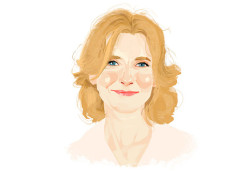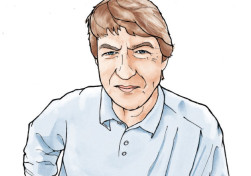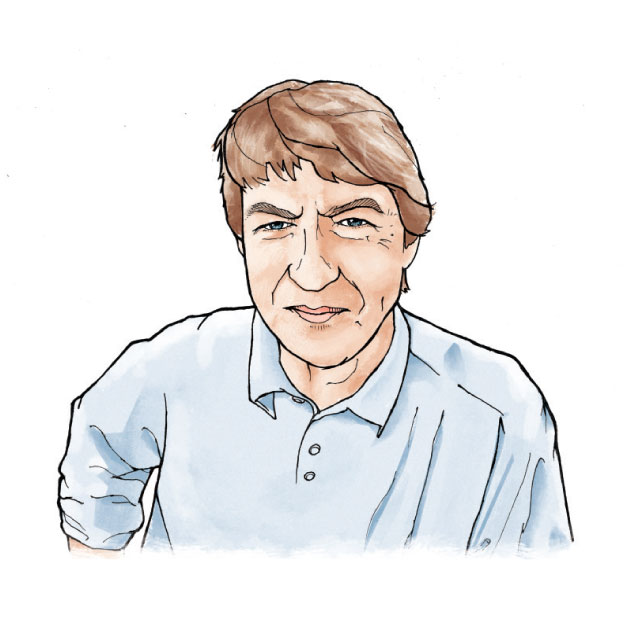1. The Soviet Union, 1986
This was my first overseas trip. I’d been saving my babysitting money for five years, and found an anti-nuclear war organisation that took students to Moscow and Leningrad. Although it was controlled and pretty grim – there was nothing to buy, and it was a gray November – we did get to talk to Russian teenagers and professors. One asked if we could name any Russian cities other than Leningrad or Moscow, or any living Russian authors. And we couldn’t. I discovered then that you could learn about places without going there. When I got home I enrolled in Russian and International Relations college courses. That was a mistake: it was like marrying the first boy you ever kissed. I wasn’t in love with Russia; I was in love with travel.
2. Wyoming, 1992
After college I did a road trip with my then boyfriend to the Rocky Mountains. It was so exotic; after Connecticut, where I grew up, Wyoming was the real Wild West. People had guns. My job as trail cook was to take up to ten people into the mountains on horses, hunting and fishing and exploring glacial lakes. I had no experience, but I had more capacity than I thought. And my first story was based on those experiences, and launched my career as a writer.
3. Texas, 1994
I’d heard about these rodeo groupies called Buckle Bunnies, and so pitched an idea to an editor about doing a piece on them. It was my first paid assignment and the pressure was huge. I had to learn to walk up to strangers and get them to tell me about their lives; in this case, their sex lives. I learnt something I have used ever since: if you are straight with people, tell them what you’ve come for and what your boss expects from you, and confess to your stupidity, they’ll often tell you what you want. I learnt then I could be a journalist.
4. China, 1998
At that time, journalists weren’t allowed into China. But I was naive and cocky. I said on my visa form that I was a housewife and bribed people to take me to the Three Gorges Dam, so I could write a story. It was only on the plane on the way back that I realized how stupid I had been. I knew then I didn’t have the stomach for hardcore reporting. Sometimes you have to make a journey to realize you’re on the wrong journey.
5. New Zealand, 2000
This time I thought: forget about global politics, let’s do something fun. So I went on a research vessel with scientists off the coast of New Zealand to go in search of giant squid. Although looking for a sea monster was exciting, on the ship I realized that I could not have children and that I did not want to be married to the person I was married to. The results of that personal journey were so devastating that I didn’t go traveling for quite a while.
6. India, 2004
When I went to an ashram in India, I was at a real crossroads. It was a point at which I changed enormously: there was me pre-India, and there was me after-India. I stayed in the same ashram for four months, and the greatest lesson I learnt was to be still. It wasn’t fun, but it was a great spiritual journey. There are many reasons to travel: to have adventure or to run away or to be exotic or to learn about another culture. Sometimes only a pilgrimage can help you find out about yourself.
7. French Polynesia, 2012
This last journey was glorious: traveling around islands to do research for my most recent novel, The Signature of All Things. Up a volcano, in the rain, on a remote island, I suddenly realized, at the age of 43, that I was exactly where I wanted to be in my life: collecting fascinating pieces of information to write up. It’s a great position to be in. The quote I love is, “It is better to live your own destiny imperfectly than to live a perfect imitation of someone else’s life.” In 2000, when I was married, I wasn’t. So it’s gratifying to see I’ve learnt those lessons.
The Signature of All Things is published in paperback by Penguin



